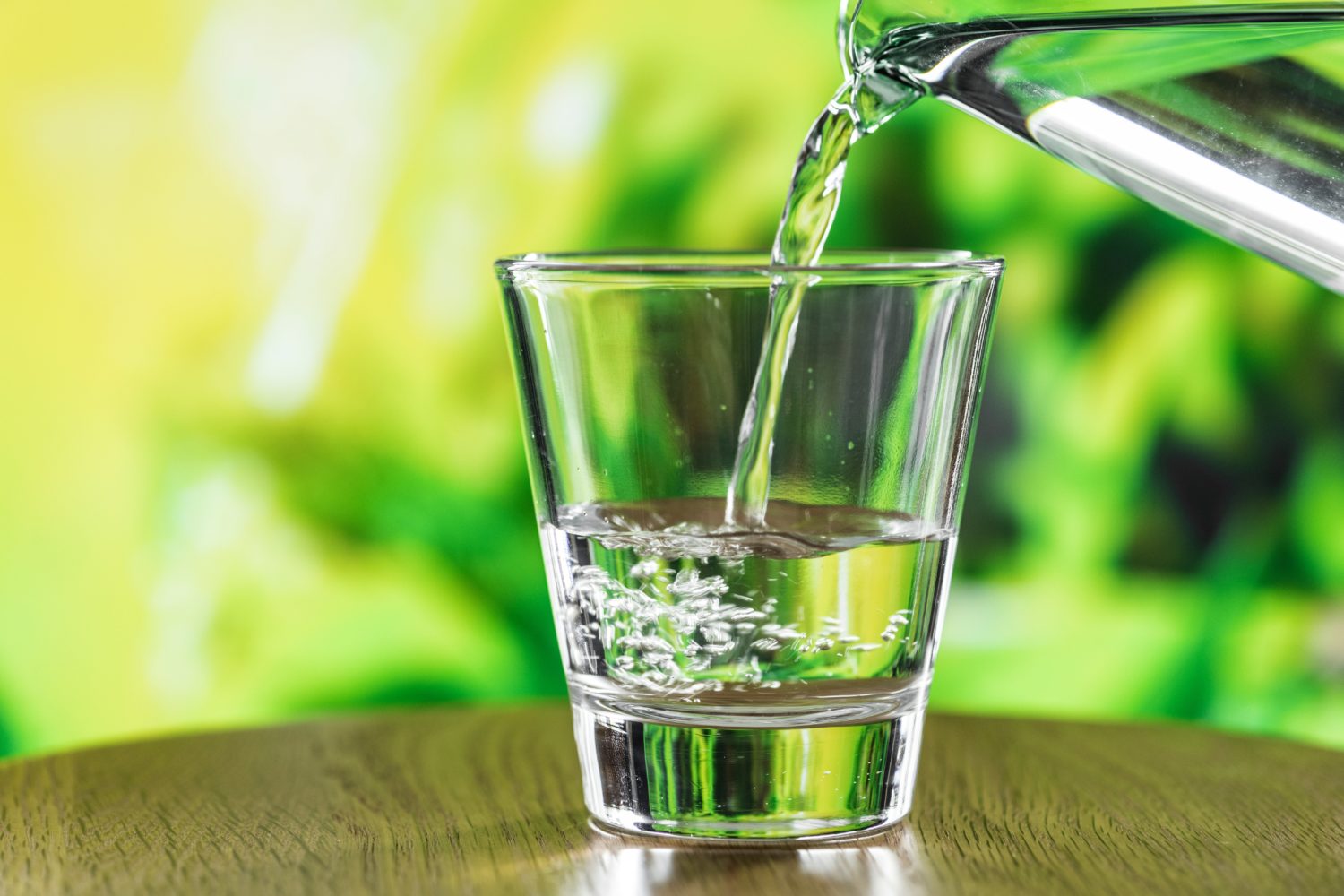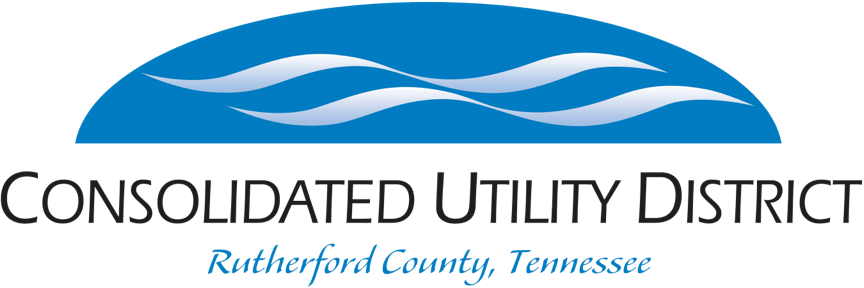Water Quality

Safe Drinking Water
CUD meets all regulations set forth by the Environmental Protection Agency and the Tennessee Department of Environment and Conservation, and our water meets or exceeds all state and federal requirements. The State of Tennessee and EPA require us to test and report on our water on a regular basis. Results of unregulated contaminant analysis are available upon request.
We urge the public to report any suspicious activities at any utility facilities, including treatment plants, tanks, fire hydrants, etc. by calling (615)-893-7225. Note: Annual Water Quality Reports are posted in May of the following year. If you have any questions about this report or treatment/testing procedures, contact Treatment Plant Manager Chris Forte at (615)-895-4296.
Cross Connections at Irrigation Systems
Lawn irrigation systems — both commercial and residential — are recognized by the State of Tennessee as high-risk, health hazard cross connections. The contact between sprinkler heads and soil or rainwater allows a connection between potable water and unsafe water. Therefore, soil and standing water in contact with sprinkler heads pose a significant risk of containing E. coli, Giardia, harmful chemicals, and fertilizers.
As part of our continuing cross connection program at Consolidated Utility District (CUD), it is necessary to test all backflow prevention devices annually. This includes irrigation backflow prevention devices installed on property controlled or owned by our customers.
Water Source
The high quality and quantity surface water source is located at the 0.75 mile marker of East Fork of the Stones River (J. Percy Priest Lake). We work with the State of Tennessee to determine the vulnerability of our water supply to contamination and to protect our water from contaminants.
The Tennessee Department of Environment and Conservation (TDEC) has prepared a Source Water Assessment Program report that assesses potential water contamination. Water sources are rated as reasonably susceptible, moderately susceptible or slightly susceptible based on geologic factors and human activities near the water source. The CUD source is rated moderately susceptible to potential contamination.*
Why are there contaminants in my water?
Drinking water, including bottled water, may reasonably be expected to contain at least small trace amounts of some contaminants. Community water systems are required to disclose the detection of contaminants. The presence of contaminants does not necessarily indicate that water poses a health risk. More information about contaminants and potential health effects can be obtained by contacting the Safe Drinking Water Hotline (800-426-4791).
Contaminants that may be present in source water include:
- Microbial contaminants, such as viruses and bacteria, which may come from sewage treatment plants, septic systems, agricultural livestock operations, and wildlife.
- Inorganic contaminants, such as salts and metals, which can be naturally occurring or result from urban stormwater runoff, industrial, or domestic wastewater discharges, oil and gas production, mining, or farming.
- Pesticides and herbicides, which may come from a variety of sources such as agriculture, urban stormwater runoff, and residential uses.
- Organic chemical contaminants, including synthetic and volatile organic chemicals, which are by-products of industrial processes and petroleum production, and can also come from gas stations, urban stormwater runoff and septic systems.
- Radioactive contaminants, which can be naturally occurring or be the result of oil and gas production and mining activities.
Do I need to take special precautions?
Some people may be more vulnerable to contaminants in drinking water than the general population. This includes people with weakened immune systems such as persons with cancer undergoing chemotherapy, persons who have undergone organ transplants, people with HIV/AIDS or other immune system disorders, some elderly, and infants.
These people should seek medical advice about personal sanitation, food preparation, handling infants and pets, personal lifestyle, and usage of bottled and tap drinking water. EPA/CDC guidelines on reducing the risk of infection by cryptosporidium and other microbial contaminants are available from the Safe Drinking Water Hotline (800-426-4791).
Customer Complaints
Any customer or potential customer of CUD has the right to voice a complaint and receive courteous consideration. If a customer is dissatisfied with a decision of District employees, staff and/or management, the customer may appeal to CUD’s Board of Commissioners at the regular scheduled monthly board meeting.
Our Water Board meets at 1:00 p.m. on the fourth Tuesday of every month at our utility office located at 709 New Salem Highway. Decisions by the Board of Commissioners on customer complaints may be reviewed by the Utility Management Review Board of the Tennessee Department of Environment and Conservation pursuant to Section 7-82-702(7) of Tennessee Code Annotated.
* An explanation of Tennessee’s Source Water Assessment Program, the Source Water Assessment summaries, susceptibility scorings and the overall TDEC report to EPA can be viewed online at www.state.tn.us/environment/dws/dwassess.shtml or you may contact the Water System or TDEC at 1-888-891-TDEC to obtain copies of specific assessments.
